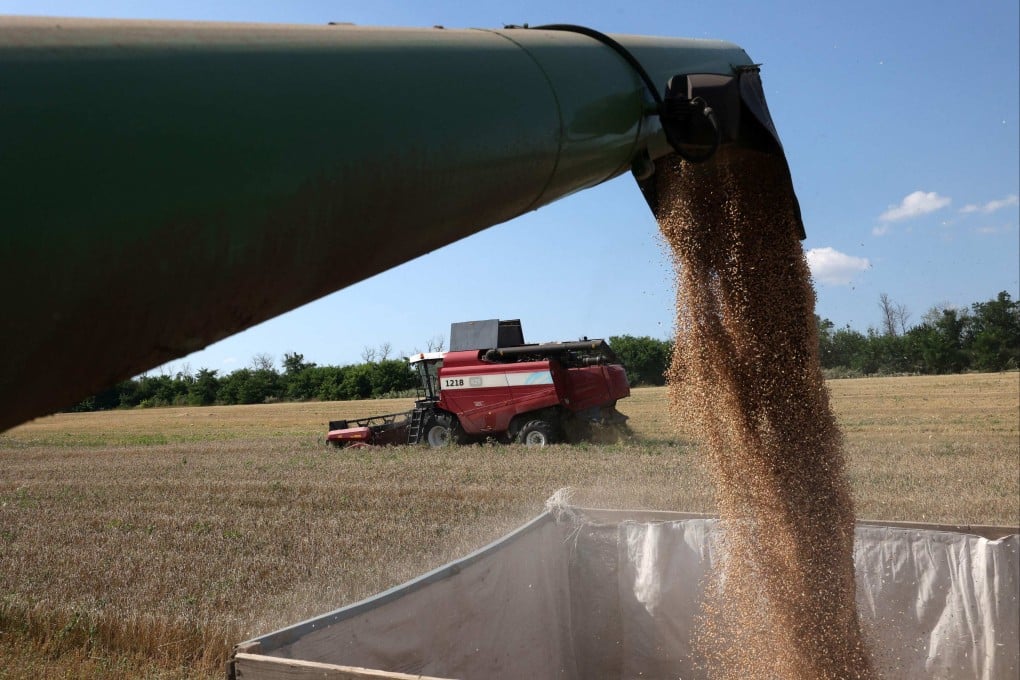Advertisement
Opinion | Why Russia wants a Brics grain exchange – and what it means for the world
- It would boost Russia’s influence as a vital grain supplier, provide greater food security for Brics states and potentially change the dynamics of the global agricultural market, hitting Western exporters from the US to Australia
Reading Time:4 minutes
Why you can trust SCMP
10

In a move that could shake up the global agricultural market, Russia is pushing to establish a Brics grain exchange. Russian President Vladimir Putin has endorsed the initiative, which seeks to rival the Western-dominated grain pricing system and challenge the US dollar as the world’s main trading currency.
Despite its conflict with Ukraine and the sanctions imposed by Western countries, Russia remains a major agricultural player, supplying nearly a quarter of the world grain market, according to Russian data. It exported at least US$43.5 billion of agricultural exports last year and plans to export up to 65 million tonnes of grain this year.
A Brics grain exchange would bring together some of the world’s biggest grain buyers and exporters. Last year, members of Brics (Brazil, Russia, India, China and South Africa) accounted for an estimated 42 per cent of global grain production at nearly 1.2 million tonnes, and 40 per cent of global consumption, according to Russia’s agricultural ministry.
With the inclusion of Saudi Arabia, Egypt, the United Arab Emirates, Iran and Ethiopia this year, the bloc’s estimated grain output now surpasses 1.24 billion tonnes, with consumption at 1.23 billion tonnes.
There are implications for the West too. A Brics grain exchange could bolster Moscow’s geo-economic influence over the participating nations. It would reinforce Russia’s role as a vital supplier of grain and fertiliser to these countries, enhancing their economic reliance and maintaining the Putin government’s considerable economic and diplomatic leverage.
The weaponisation of food supplies is seen as key in Russia’s war strategy in its conflict with Ukraine. Moscow has declared its intention to replace Ukraine as a supplier of food grain to low- and lower-middle-income countries, as it seeks to establish control over a substantial part of the global grain and fertiliser trade. This approach enables Russia to project power while exerting influence over global food trade dynamics, including supply and availability, access and prices.
Advertisement
